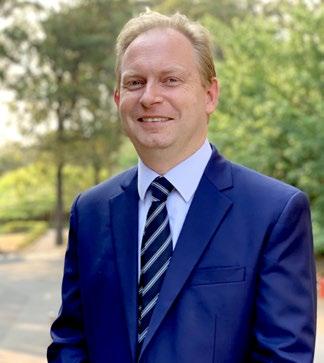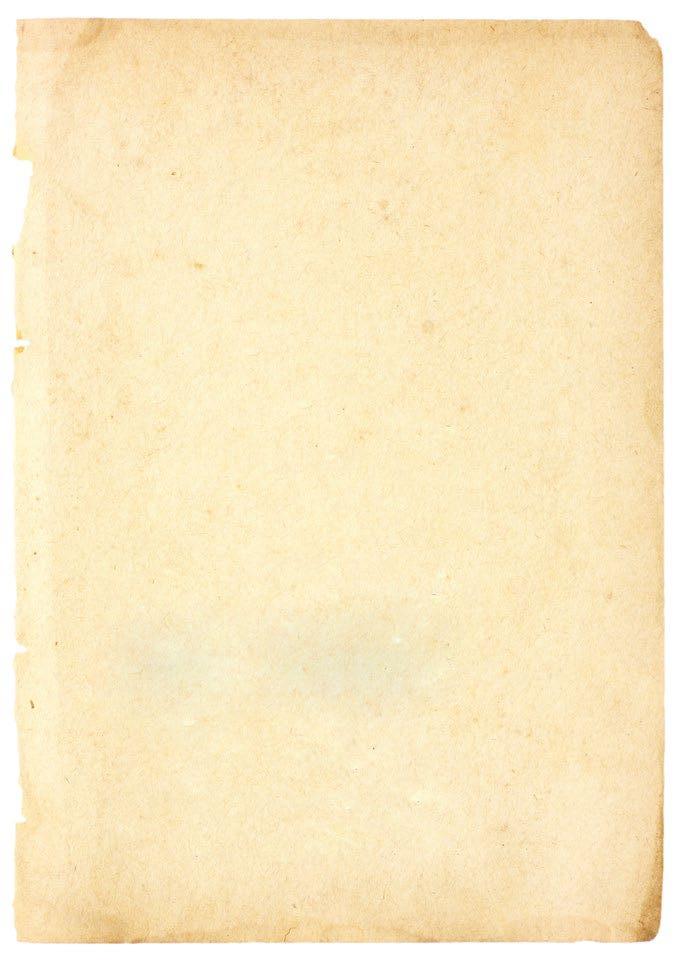
2 minute read
A Scientist in the Making
from 2020 Gazette
ACADEMIC EXCELLENCE
The Future Project offers students the opportunity to work with leading scientists on real research projects while working in an industry standard research facility. One exemplary emerging scientist is Jack Thomas, who went above and beyond The Future Project intern program.
Jack started his journey at The King’s School as a Year 10 student. Immediately he applied for The Future Project and was accepted as a junior intern. He then continued with The Future Project in Year 11 as a Senior Intern, where he was exposed to science communication, now his true passion.
During these two years, he learned various micro-biology techniques, focusing his research on commercial waste water, deriving hydrogen from waste water. Working with Dr Michelle Bull from Quantal Bioscience, Jack was able to conduct practical research to tackle the issue of industrial waste disposal and rising energy costs. Although his research wasn’t groundbreaking as it had been done before, the source he chose and the techniques used had never been done before, making his work all the more impressive.
Jack’s interest in science research and communication led to his invitation to stay on in The Future Project after Year 11, giving Jack practical research experience from Year 10 until graduating in Year 12. In this time, Jack has had various articles published in scientific journals, outside his The Future Project submissions. For these achievements he has been awarded Honour Colours by the School. He most recently submitted a paper to the Young Scientist of the Year Awards and is eagerly awaiting a response. If he wins, not only will he win a cash prize, but he will also have the opportunity to attend the International Science Fair, which will host industry sponsors and can lead to industry opportunities.
Jack has always had passion for science, specifically in micro biology or environmental science, but it was The Future Project which took him in the direction of scientific research and communication. “The skills acquired from industry scientists, the many research projects completed and the various articles published in scientific journals all helped me get to where I am now,” said Jack.
He currently has a conditional offer to study advanced science at ANU in Canberra, ideally studying environmental science. His goal is to continue on with research and science communication, as he feels there is a deficit when it comes to bridging the gap between communicating to the public and politicians who work with scientific researchers.










